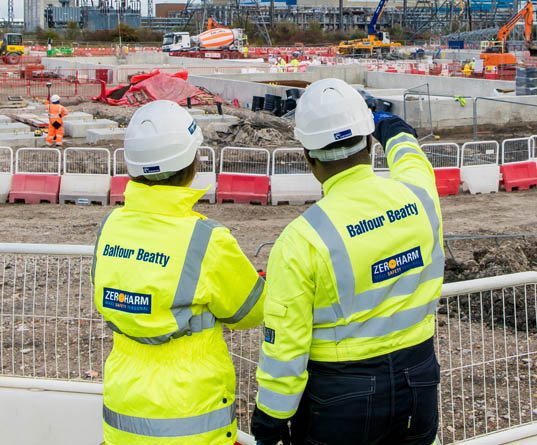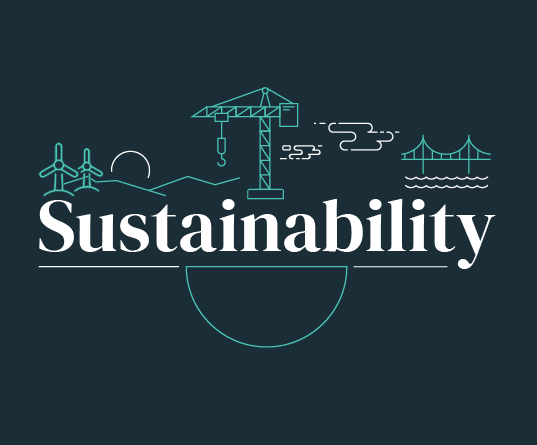Balfour Beatty is a partner of the Supply Chain Sustainability School, an industry-led organisation driving the improvement of sustainability skills and knowledge of the built environment supply chain. The Supply Chain Sustainability School aims to build a best in class supply chain for the UK built environment sector.
The School provides CPD accredited e-learning modules and training workshops, tailored self-assessment and action plans, benchmarking tools, networking opportunities and access to thousands of online resources. The resources cover ten key topics: biodiversity, employment, skills & ethics, energy & carbon, environmental management, local business & community and materials, sustainable procurement, sustainability strategy, waste and water. Detailed information is given for the common building materials we use today; bricks, concrete, glass, steel, stone and timber.

